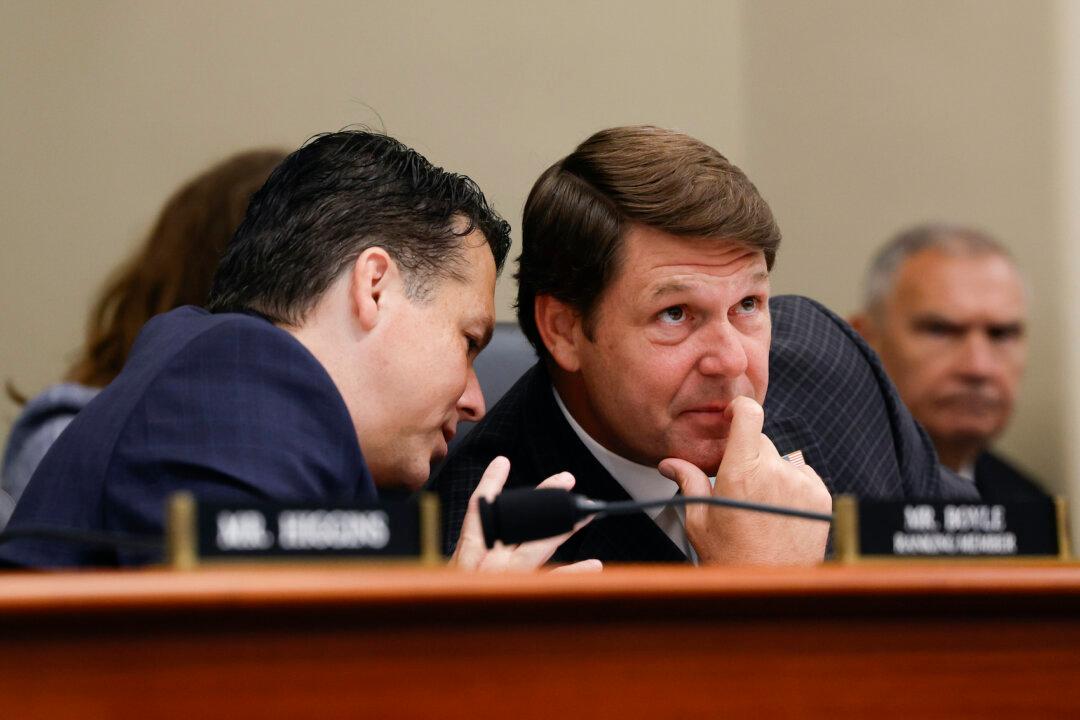With the federal budget deficit projected to soar over the next decade, members of Congress are pointing fingers as to who’s most responsible for the nation’s financial troubles.
“I try to be careful not to blame the president for everything, or my Democrat colleagues for everything, but I think their failed economic policies and their unbridled spending has put us in a situation where we have to bring these costs down,” House Budget Committee Chairman Jodey Arrington (R-Texas) said at a Feb. 14 hearing.





